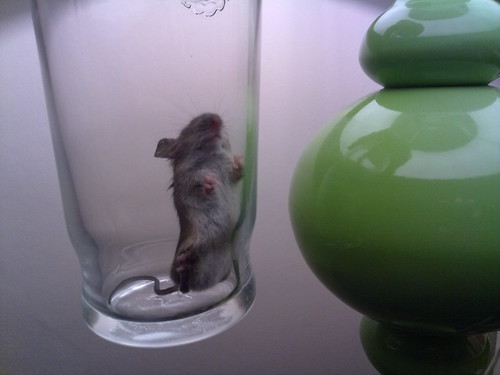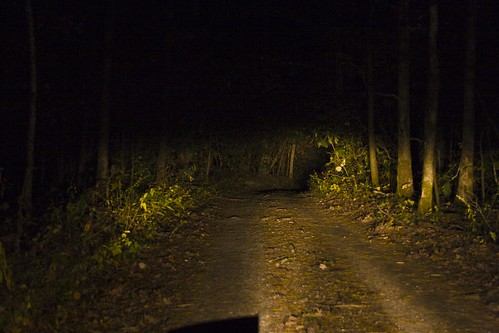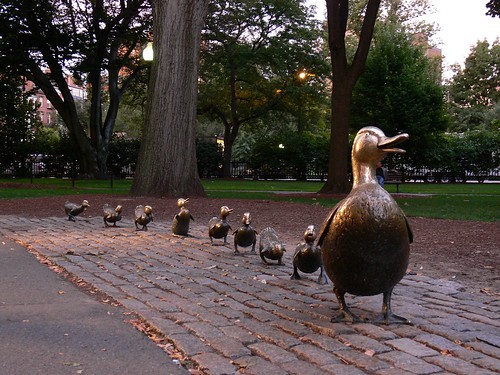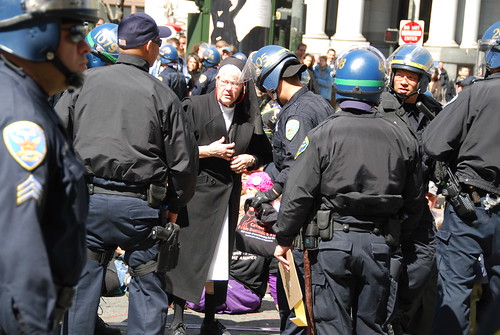Enthusiasm is often derided in our society – being blasé, bored, cynical and flippant is just so much cooler.
Well, forget cool. (I was never going to be cool anyway: I prefer to be warm when it’s five degrees outside, so I actually wear clothes in winter. Wooly ones.)
As Simon Pegg says: “Being a geek is all about being honest about what you enjoy and not being afraid to demonstrate that affection. It means never having to play it cool about how much you like something. It’s basically a license to proudly emote on a somewhat childish level rather than behave like a supposed adult. Being a geek is extremely liberating.”
I mean, who looks like they’re having more fun?
These people:
or these people?
Exactly.
So, in the spirit of being unashamedly enthusiastic about things we like, here’s a few things I like in books and stories generally.
I like ‘cosy’ murder mysteries, where people might be offed by their nearest and dearest, but never in a manner that is sadistic or tortuous.
I like little old lady detectives – Miss Silver, Miss Marple, and their ilk.
I am particularly fond of Miss Silver, but that may be due in part to my seasonal predilection for knitting. Her only fault is her pronunciation of French with an English accent. Otherwise, she is who I’d like to be when I grow up (if indeed I ever do).
I like drawing-room scenes at the end where the detective explains what happened – whether before or after the criminal’s identity is revealed.
I like writers who have fun with language, who aren’t afraid to be a bit silly and in whose company you can rest assured nothing grotty is going to slide past your eyeballs. P.G. Wodehouse, you are my hero.
I like historical novels – provided they aren’t modern characters acting in modern ways in a quasi-historical setting. Ellis Peters is a good example of getting it right.
I like fantasy, provided, again, that they aren’t modern characters acting in modern ways in a fantasy world. Unless of course they are visitors (unintentional or otherwise) to this other world, in which case, potentially hilarious!
Which brings me to my next point: Culture Clash! I love culture clash stories. At least the ones where culture clash is food for amusement. Where two cultures clash, take on each others worst aspects, and descend in interlocking spirals of unthinking destruction and despair, not so much.
I like well thought out worlds, with interior consistency, even if they’re consistently weird (see Terry Pratchett and Simon R. Green).
I like stories to have a structure – not such a big fan of the post-modern ‘significant meaninglessness’; and I really don’t go for teenage, middle-age, or any other age angst. (Note to Holden Caulfield: habitual liars do not get much sympathy when complaining about how phoney everyone is.)
I like imagination and wit.
I like a story I can get right into.
I like to be slightly forlorn when the tale is finished (and peeved when I find the author has inconsiderately died and will therefore be producing no more.)
What about you?
What do you like, and what do you loathe?
If you could bring back one author from the dead (in a Frogs kind of a way, not a Monkey’s Paw kind of a way), who would it be?


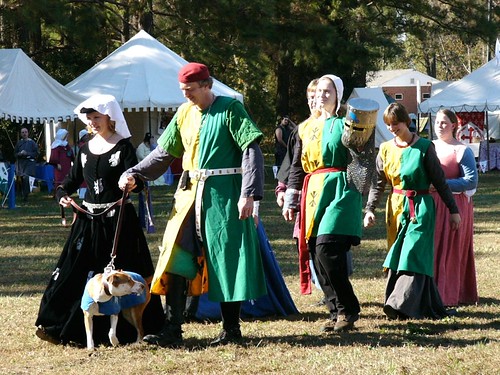


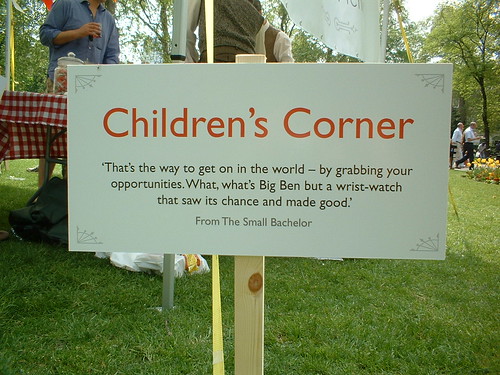

![Great A'Tuin, the star turtle, bears the Discworld through space [1680x1050]](http://farm4.staticflickr.com/3361/3577999592_9458908316.jpg)

